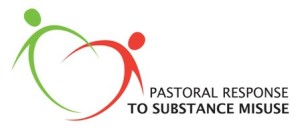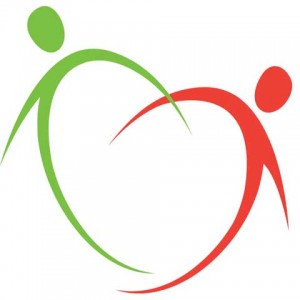
By Ann Marie Foley - 15 December, 2015
 The Public Health (Alcohol) Bill aims to reduce average annual alcohol consumption in Ireland from 11 to 9.1 litres per person by 2020.
The Public Health (Alcohol) Bill aims to reduce average annual alcohol consumption in Ireland from 11 to 9.1 litres per person by 2020.
This latter figure is similar to the average alcohol consumption per capita in OECD countries.
However, while average alcohol consumption decreased by 15% in Europe in the 30 years from 1980 to 2010, it increased by 24% in Ireland during the same period.
“The IBDI (Irish Bishop’s Drugs Initiative) warmly welcome the latest news from Minister for Health, Leo Varadkar, that Ireland is pushing ahead with new laws to create a minimum price for alcohol,” stated Darren Butler, Natiomal Coordinator, Pastoral Response to Substance Misuse, IBDI.
He explained that when drink costs more people drink less and he said he hoped that it will be published and passed into law quickly.
In Scotland, similar laws have been challenged in court so he expressed the hope that this would not happen in Ireland.
He also highlighted that provisions curtailing advertising of alcohol during children’s programming and sports, fall short of a full ban of advertising alcoholic drink.
“It has to be welcomed as a start. It was never going to happen overnight with Ireland given our relationship with alcohol,” he told CatholicIreland.net.
“We have to appreciate that the ball is rolling and hope that the incoming government next year will take up the fight and continue with it.”
He said that fears about loss of jobs and revenue for sports from advertisers have to be addressed and the positives such as savings to the health services and improvements in health should be highlighted.
A University of Sheffield study on the long term health risks from alcohol, including liver cirrhosis and cancers, and found that a €1 minimum price for a standard drink would reduce drink related deaths by 197 a year over 20 years.
It also estimated there would 6,000 fewer hospital admissions a year and with better health, less crime and workplace injuries Irish society would be €1.7bn better off.

Speaking at the formal launch of the bill last week, Minister Varadkar said, “The evidence about Ireland’s drinking habits is shocking. Four out of ten drinkers typically engage in binge drinking. This Bill addresses alcohol as a public health issue for the first time by tackling price, availability, marketing, advertising, and labelling.”
The Minister added, “Harmful drinking is widespread, particularly for those under 35 years of age. It is linked to higher rates of suicide, sexual and physical assault, road traffic accidents, absenteeism and neglect of children. The Bill will be published shortly and we aim to have it in the Oireachtas before the end of the year.”

Darren Butler stated that research has shown those who are dependent on Alcohol often prefer the cheapest, strongest drinks as they try to get as much drink for as little money as possible.
“18-24-year-olds in Ireland are now considered most at risk from cheap booze as they have the least disposable income but the highest rates of binge and dependent drinking,” he said.
He explained that minimum pricing has been successful in other countries in reducing alcohol consumption.
He suggested that the benefits for Ireland are that it will save lives, reduce alcohol-related hospital admissions, reduce alcohol-related crime, and there will be a decrease in workplace absences due to alcohol.
In terms of labeling, the bill aims to educate the public as to what ‘Standard Drinks’ or units are.
The National Alcohol Diary Survey showed that Irish people underestimate the amount that they drink, reporting only 39% of their general alcohol consumption.
Labels on alcohol products will have to detail the amount of pure alcohol in grams, the calorie count, health warnings (including for pregnancy); and a link to a public health website.
The Bill will restrict or ban the sale of reduced price alcohol products targeted to a particular category of persons, and ‘happy hour’ type promotions, or ‘students’ night’.
It also restricts advertisements so they do not glamorise alcohol or make it appealing to children.
Alcohol-related advertisements will be restricted to films with an 18 cert only and there will be evening broadcasting watershed.
Advertising of alcohol will be prohibited in or near schools; early years’ services; public playgrounds and public transport stops and stations. A similar ban will apply in sports grounds at events where the majority of competitors or participants are children.
The Bill includes:
• a minimum unit price of 10c per gram of alcohol in alcohol products, to eliminate very cheap alcohol from all stores and shops;
• structural separation of alcohol products from other products in outlets, either by containment in a unit or a separate area of the store, so that it’s not sold like a normal groceries product;
• Prohibition of price-based promotions and tougher restrictions on targeted promotions such as ‘happy-hour’;
• Health warnings and calorie labelling on alcohol products, with corresponding warning signs and information in pubs and off-licences;
• Regulation of advertising, marketing of alcohol and sponsorship, with criminal sanctions applying for the first time;
• An enforcement regime with inspections by Authorised HSE officers and penalties for non-compliance, including fixed payment notices.